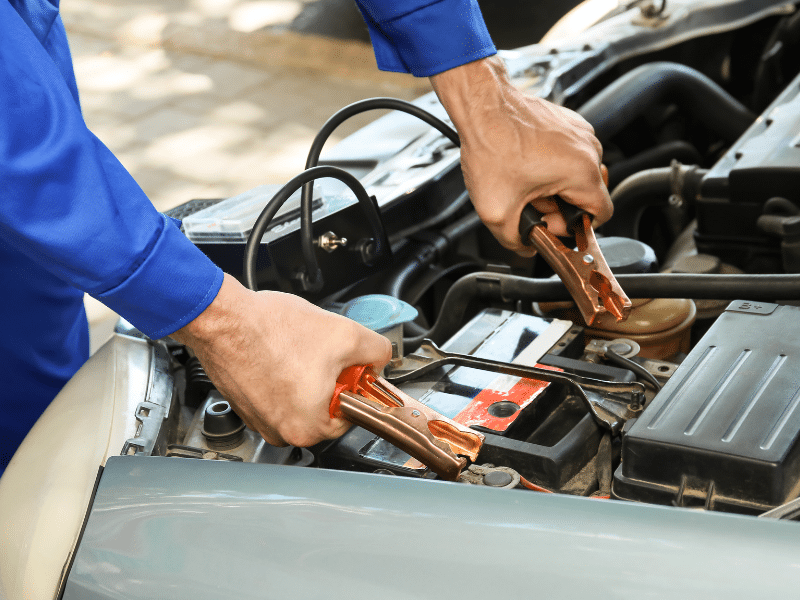Your car’s battery is essentially a large power reserve that provides the jolt of electricity required to power all the electrical components in your vehicle. It keeps all the accessories running, including the ignition system running. However, when the winters set in, you might notice that your vehicle has trouble starting up in the morning and it may not run as it used to. Cold weather can have a serious impact on the function and performance of your car batteries.
How does cold weather affect your car batteries?
The performance is affected due to the chemical reactions occurring inside the battery. As the temperature reduces, the chemical reactions become slower, and the battery has to provide higher capacity in order to start the vehicle. It has been seen that at around 32 degrees, batteries lose around 20 percent of their capacity and as the temperature reduces further, it gets worse.
Moreover, when the weather gets really cold, the vehicle’s oil tends to become thicker. Low temperature also stains components such as belts, hoses, and radiators. All this can slow down the engine, necessitating an extra surge of power to start. These factors combine to make the vehicle sluggish.
If you live in an area that does not experience extreme cold, you may wonder why your batteries die in winter. This happens when the extreme summer heat causes corrosion and evaporation of electrolytes. This summer damage renders your battery unfit to sustain the stress of winter.
How to protect your batteries in the winter?
The last thing you want on a cold winter morning is dead car batteries. You can take these simple steps to prevent battery issues this winter:
Check for corrosion
Corrosion around the battery terminals can affect the connection between the cell and the cables. When the terminals are corroded, or the cables are loose, the battery won’t be able to transfer energy to the engine. So, you must regularly inspect the battery for rust on terminals or damaged cables. If there are any issues, you should have them repaired urgently.
Check the age of the battery
If your battery is older than five years, it is likely near the end of its life. So, it is better to have it replaced in time before they are completely dead and leaves you stranded.
Consider a battery blanket
If you live in a place where temperature drops to sub-zero levels, you might want to install a battery blanket. A battery blanket can insulate your battery in extreme cold conditions and prevent the battery’s fluid from freezing. Battery blankets are easily available and can be installed easily. However, make sure you check out the owner’s manual before installing a battery blanket.
Keep the battery charged
It is no secret that a depleted battery is more likely to freeze up compared to a fully charged battery. If you turn on your ignition and realize that the vehicle is straining to start, you might have to charge your car batteries. There are portable battery chargers available that you can purchase. If you are not a DIY person, you can seek a mechanic’s help to charge your batteries.
Scheduled maintenance of your vehicle
The best way to keep your vehicle running efficiently, even during extreme cold weather, is to get routine maintenance done before the onset of winter. Your mechanic can run some quick diagnostics to see how much battery life is left and whether or not you need a new battery.


